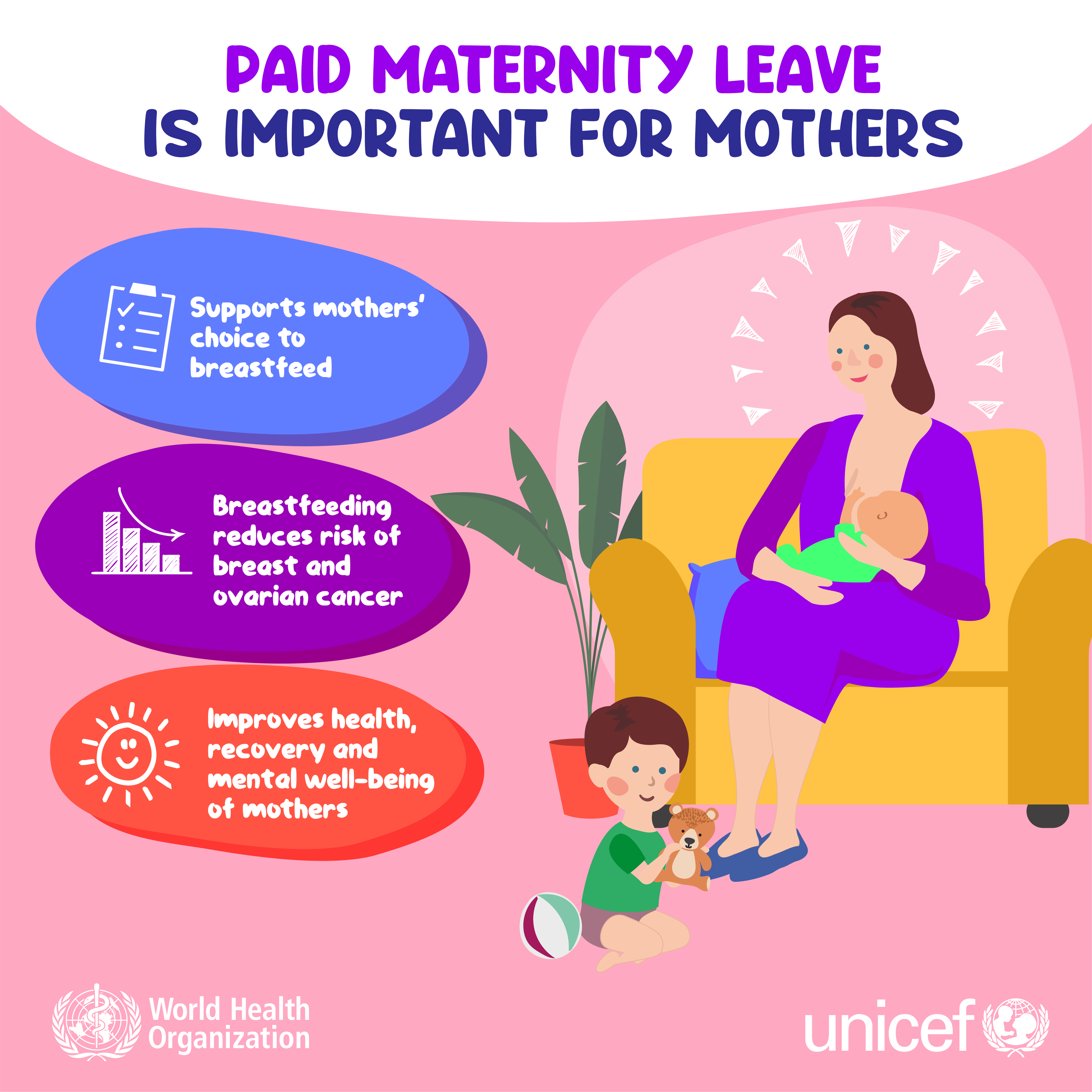|
Getting your Trinity Audio player ready…
|
Writes Marlvin Ngiza
The United Nations Children’s Fund (UNICEF) and World Health Organisation (WHO) have challenged governments, civil society organisations, and the private sector across the globe to up the game in ensuring the establishment of a supportive breastfeeding environment for all working mothers in the quest to reach the global target of 70 percent exclusive breastfeeding.
This comes as the globe commemorated World Breastfeeding Week (WBW) which began on August 1 under the theme “Let’s Make Breastfeeding at Work”.
In a joint statement to mark World Breastfeeding Week (WBW), UNICEF Executive Director Dr. Catherine Russell and WHO Director-General Dr. Tedros Adhanom Ghebreyesus revealed that adequate breastfeeding was critical in preventing babies from many infections hence the need for stakeholders to be on the forefront to protect, promote and support breastfeeding with governments urged to lead in the setting and implementation of breastfeeding policies.
“Supporting breastfeeding in the workplace is good for mothers, babies, and businesses, and that is why UNICEF and WHO are calling on governments, donors, civil society, and the private sector to step up efforts to ensure a supportive breastfeeding environment for all working mothers – including those in the informal sector or on temporary contracts – by having access to regular breastfeeding breaks and facilities that enable mothers to continue breastfeeding their children once they return to work; provide sufficient paid leave to all working parents and caregivers to meet the needs of their young children.
“This includes paid maternity leave for a minimum of 18 weeks, preferably for a period of six months or more after birth, and increase investments in breastfeeding support policies and programmes in all settings, including a national policy and programme that regulates and promotes public and private sector support to breastfeeding women in the workplace.
“From the earliest moments of a child’s life, breastfeeding is the ultimate child survival and development intervention. Breastfeeding protects babies from common infectious diseases and boosts children’s immune systems, providing the key nutrients children need to grow and develop to their full potential. Babies who are not breastfed are 14 times more likely to die before they reach their first birthday than babies who are exclusively breastfed,” said the duo.
It was further revealed that family-friendly workplaces were not beneficial to working women but would help to reduce maternity-related absenteeism and hiring costs of employees among others.
“Family-friendly workplace policies – such as paid maternity leave, breastfeeding breaks, and a room where mothers can breastfeed or express milk – create an environment that benefits not only working women and their families but also employers. These policies generate economic returns by reducing maternity-related absenteeism, increasing the retention of female workers, and reducing the costs of hiring and training new staff,” said the officials.
In the last decade, the prevalence of exclusive breastfeeding has increased by a remarkable 10 percentage points, to 48 percent globally.
WBW is celebrated every 1-7 August in commemoration of the 1990 Innocenti Declaration. WBW started in 1992, with annual themes including healthcare systems, women and work, the International Code of Marketing of Breastmilk Substitutes, community support, ecology, economy, science, education and human rights. Since 2016, WBW is aligned with the Sustainable Development Goals (SDGs). In 2018, a World Health Assembly resolution endorsed WBW as an important breastfeeding promotion strategy.
UNICEF works in some of the world’s toughest places, to reach the world’s most disadvantaged children. Across more than 190 countries and territories, we work for every child, everywhere, to build a better world for everyone.
Meanwhile, the World Health Organization provides global leadership in public health within the United Nations system. Founded in 1948, WHO works with 194 Member States, across six regions, and from 149 offices, to promote health, keep the world safe and serve the vulnerable. Our goal for 2019-2023 is to ensure that a billion more people have universal health coverage, to protect a billion more people from health emergencies, and provide a further billion people with better health and well-being.
